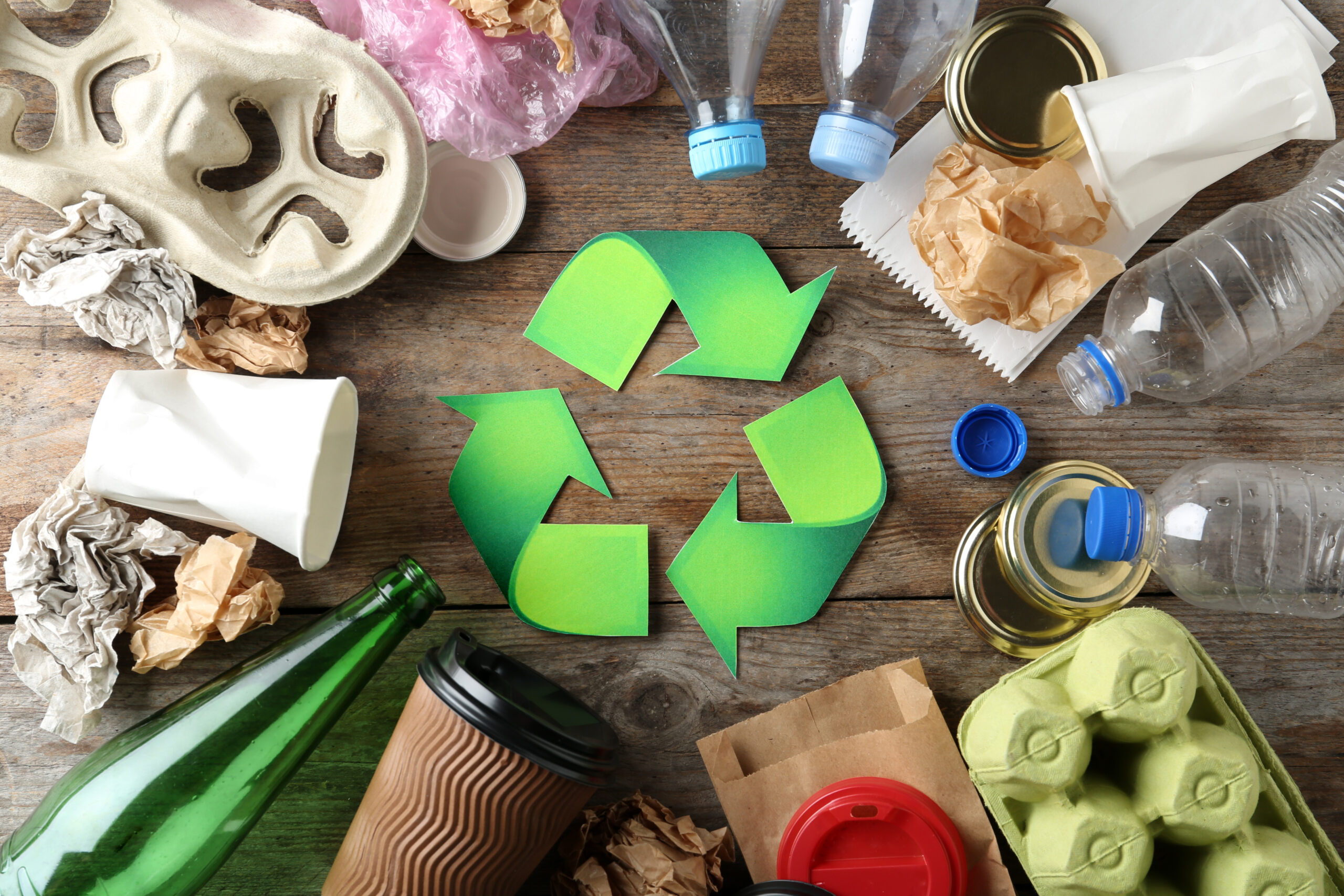
Recycling has become a fundamental aspect of environmental sustainability, offering a practical way for individuals and communities to reduce waste, conserve resources, and mitigate environmental damage. Despite its widespread adoption, many people may not fully understand the basics of recycling or the significant benefits it brings to both local communities and the planet. This article will explore the essentials of recycling, including what can and cannot be recycled, the process of recycling, and the environmental, economic, and social benefits of effective recycling programs.
The Basics of Recycling
At its core, recycling is the process of collecting and processing materials that would otherwise be discarded as waste and turning them into new products. This process reduces the need for raw materials, conserves natural resources, and minimizes the environmental impact of waste.
The types of materials that can be recycled vary depending on local recycling programs, but generally include:
Paper and Cardboard
Newspapers, magazines, office paper, cardboard boxes, and cartons.
Glass
Bottles and jars made from clear, green, or brown glass.
Plastics
Commonly accepted plastics include bottles, containers, and jugs labeled with recycling codes #1 (PET) and #2 (HDPE). Some programs also accept plastics labeled #3 through #7, but this varies.
Metals
Aluminum cans, steel tins, and other metal containers.
Electronics
Items such as cell phones, computers, and televisions can often be recycled through special e-waste programs.
Textiles
Clothing, shoes, and fabrics can be recycled through textile recycling programs.
Not all materials are recyclable, and some can even contaminate the recycling stream if improperly placed in recycling bins. Items that typically cannot be recycled include:
Plastic bags and film
These can jam recycling machinery and should be returned to grocery store collection points if accepted.
Styrofoam
Most recycling programs do not accept Styrofoam due to its low density and high contamination risk.
Food-soiled materials
Pizza boxes, used paper plates, and other items with food residue cannot be recycled.
Hazardous waste
Items such as batteries, paint, and chemicals require special disposal methods.
Mixed-material items
Products made from a combination of materials (e.g., juice boxes with plastic, metal, and paper layers) are often not recyclable.
Understanding what can and cannot be recycled is essential for participating effectively in recycling programs. Contaminating the recycling stream with non-recyclable items can lead to entire batches of recyclables being sent to landfills instead.
The Recycling Process
The recycling process generally involves several key steps:
Collection
Recyclable materials are collected from homes, businesses, and public recycling bins. This can be done through curbside pickup, drop-off centers, or deposit/refund programs.
Sorting
Once collected, recyclables are transported to a Materials Recovery Facility (MRF), where they are sorted by material type. This sorting can be done manually or with the help of advanced machinery that separates materials based on their properties (e.g., magnetic separation for metals).
Cleaning
After sorting, materials are cleaned to remove any contaminants such as food residue or labels. Clean materials are more valuable and easier to process into new products.
Processing
The cleaned and sorted materials are then processed into raw materials. For example, paper is pulped, plastics are melted down, and metals are shredded or smelted. These raw materials are then sold to manufacturers to be used in the production of new products.
Manufacturing
The raw materials from the recycling process are used to create new products, which are then sold to consumers. These products can include everything from recycled paper and plastic bottles to construction materials and clothing.
Purchasing Recycled Products
The recycling loop is completed when consumers purchase products made from recycled materials, supporting the demand for recyclable materials and encouraging the continued success of recycling programs.
Environmental Benefits of Recycling
Recycling offers numerous environmental benefits, making it a key component of efforts to protect the planet.
Conservation of Natural Resources
By recycling materials like paper, glass, and metals, we reduce the need for virgin resources. For example, recycling one ton of paper saves approximately 17 trees, 7,000 gallons of water, and significant amounts of energy. Similarly, recycling metals reduces the need for mining, which can be destructive to ecosystems and deplete finite resources.
Reduction of Greenhouse Gas Emissions
Recycling also helps to reduce greenhouse gas emissions, which are a major contributor to climate change. The production of new products from raw materials often requires significant energy, typically derived from fossil fuels. Recycling uses less energy, thereby reducing carbon emissions. For instance, recycling aluminum saves 95% of the energy required to produce aluminum from raw ore.
Reduction of Waste in Landfills
Recycling reduces the amount of waste that ends up in landfills, which are a significant source of methane, a potent greenhouse gas. By diverting waste from landfills, recycling helps to decrease methane emissions and extend the life of existing landfill sites.
Protection of Ecosystems and Wildlife
Recycling helps to reduce the environmental impact of raw material extraction, which can destroy habitats and harm wildlife. Additionally, by keeping waste out of natural environments, recycling helps to protect ecosystems from pollution and the negative effects of waste accumulation.
Economic and Social Benefits of Recycling
In addition to its environmental benefits, recycling also offers significant economic and social advantages.
Job Creation
The recycling industry creates jobs at every stage of the process, from collection and sorting to processing and manufacturing. According to the U.S. Environmental Protection Agency (EPA), the recycling industry supports more than 750,000 jobs in the United States alone. These jobs provide a source of income and economic stability for many communities.
Cost Savings
Recycling can also lead to cost savings for both consumers and municipalities. For consumers, purchasing products made from recycled materials is often cheaper than buying products made from virgin materials. For municipalities, recycling reduces the volume of waste that needs to be managed, which can lower the costs associated with waste disposal and landfill management.
Community Engagement and Education
Recycling programs often serve as a way to engage communities in environmental stewardship. Educational campaigns and community events centered around recycling can raise awareness about the importance of sustainability and encourage individuals to take action in their own lives. This collective effort fosters a sense of community and shared responsibility for protecting the environment.
Supporting Innovation and Sustainable Development
The demand for recycled materials drives innovation in product design and manufacturing. Companies are increasingly developing products that are easier to recycle, use fewer resources, and have a lower environmental impact. This trend supports the broader goals of sustainable development, ensuring that economic growth does not come at the expense of the environment.
Commit To Bettering The Environment With AAA Sanitation!
Recycling is a simple yet powerful tool for promoting environmental sustainability, economic growth, and social well-being. By understanding the basics of recycling, including what can and cannot be recycled, and recognizing the numerous benefits of effective recycling programs, individuals and communities can make informed choices that contribute to a healthier planet.
Effective recycling programs are essential for reducing waste, conserving resources, and protecting the environment for future generations. As we continue to face global environmental challenges such as climate change, pollution, and resource depletion, the importance of recycling cannot be overstated. By participating in recycling efforts and supporting policies that promote sustainability, we can all play a role in building a more sustainable future. Look into recycling for your home with AAA Sanitation & Garbage Removal.
AAA Sanitation & Garbage Removal
79 Business Dr Ste A
Hull, GA 30646
(706) 543-7788


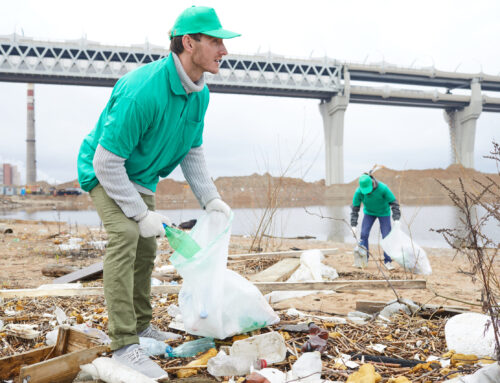
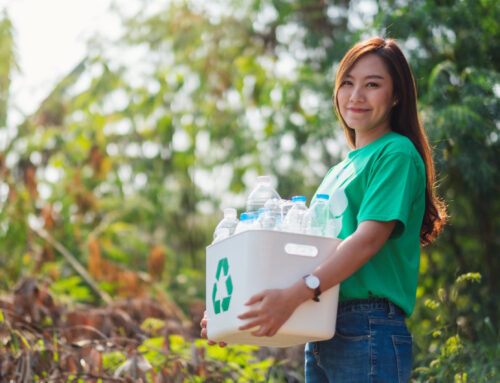
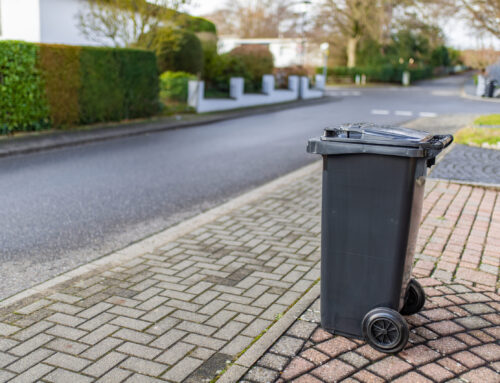
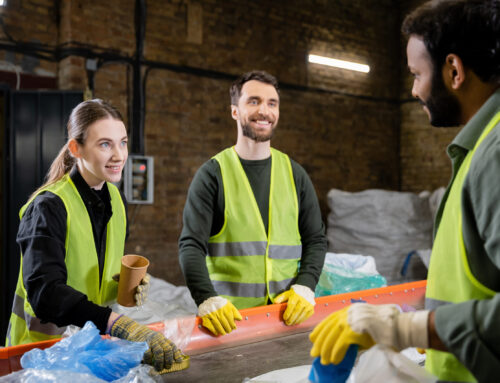
Leave A Comment